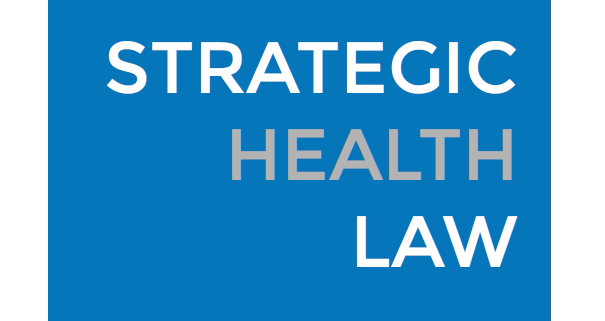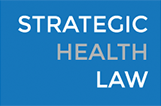Top of Mind Tuesday: CMS Issues 2020 Part C and Part D Program Audit and Enforcement Report

By Sandra Durkin
Last Friday the Centers for Medicare and Medicaid Services (CMS) released the 2020 Part C and Part D Program Audit and Enforcement Report. The purpose of program audits is to evaluate Medicare Advantage (MA) and Part D plan sponsors’ compliance with core program requirements, including ensuring that sponsors provide beneficiaries with access to medically necessary services and medications. The annual program audit and enforcement report provides background information on the program audit process, a summary of the 2020 program audits, as well as enforcement actions taken by CMS in the last year.
Program audit scores have generally improved in recent years, with audit scores and the average number of conditions cited per audit trending downward. This trend continued in 2020, with the average overall audit score dropping from .77 in 2019 to .15 in 2020. However, CMS expressly cautioned against drawing conclusions about the overall performance of sponsors audited in 2020 relative to those audited in previous years due to changes to the 2020 audit process to account for the COVID-19 public health emergency (PHE). Notably, CMS audited fewer sponsors than usual in 2020 due to the PHE, making the sample size for any average results reported in 2020 relatively small. CMS audited only six sponsors in 2020 representing 2.8% of sponsors with active Medicare contracts and covering only 1.4% of Medicare enrollment, bringing the total number of sponsors audited for the current three-year cycle beginning in 2019 to 16, or approximately 7.5% of sponsors with active Medicare contracts and 62% of all Parts C and D enrollment. CMS typically conducts audits covering about 95% of the enrollment of the MA and Part D programs in a three-year period.
For the 2020 audit year, CMS found no instances of non-compliance in the Part D Formulary and Benefit Administration (FA) program area and only one instance of non-compliance in the Compliance Program Effectiveness (CPE) program area. In the Part D Coverage Determinations, Appeals and Grievances (CDAG) program area, two of the six audits conducted resulted in no conditions of non-compliance, but of the four audits where there were conditions of non-compliance, no single audit had more than one. In the Part C Organization Determinations, Appeals and Grievances (ODAG) program area, three of the five audits conducted resulted in no conditions of non-compliance, and the other two audits had one and two conditions of non-compliance, respectively.
Recognizing that the small sample size for 2020 makes it difficult to assess the significance of these scores. Continued strong performance in CPE likely reflects sponsors’ investment of considerable resources to developing compliance programs, as CMS observed in the 2019 Part C and Part D Program Audit and Enforcement Report. In 2019, CMS also opined that strong FA results can be attributed to Pharmacy Benefit Managers (PBMs) quickly correcting identified issues for the sponsors with which they contract.
The total number of enforcement actions did not drop significantly in 2020, though the total amount of monetary penalties did. CMS imposed six civil monetary penalties (CMPs) totaling $514,969 and sanctioned seven sponsors based on 2020 referrals, compared to eight CMPs totaling $1,605,722 and two intermediate sanctions against sponsors in 2019.
CMS offers several recommendations as to areas where sponsors can improve their compliance programs, including the following:
- Monitoring for beneficiary overcharges, which can be an aggravating factor for CMPs, and promptly issuing refunds for incorrectly collected amounts;
- Being fully prepared for large enrollment increases during the annual election period (AEP), which can lead to untimely processing of enrollment requests and provision of enrollment materials; and
- Ensuring that sponsors meet state requirements regarding financial solvency and licensure, which are not preempted by federal law and can limit sponsors that are out of compliance from enrolling new beneficiaries. If a sponsor cannot meet state requirements, CMS may terminate the contract.
CMS encourages sponsors to prepare for program audits by reviewing the audit protocols and performing mock audits, including generating universes. Sponsors that delegate functions should practice collecting relevant data from delegated entities and ensuring that it is accurate.
Information regarding the program audit process for 2021, as well as program audit and enforcement reports from previous years, are available at the Part C and Part D Compliance and Audits webpage: https://www.cms.gov/Medicare/Compliance-and-Audits/Part-C-and-Part-D-Compliance-and-Audits/ProgramAudits. Although CMS intended to update its protocols for 2021 program audits, the updated protocols are still awaiting approval. Accordingly, CMS will continue to use the audit protocols for the 2020 program audits, which are available here: https://www.cms.gov/files/zip/2020-medicare-parts-c-and-d-program-audit-protocols.zip.



